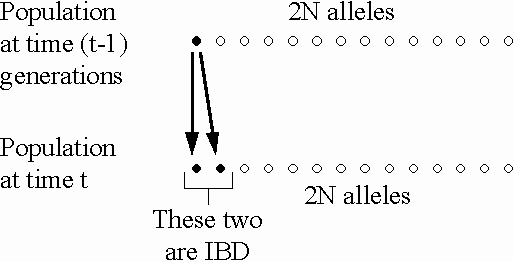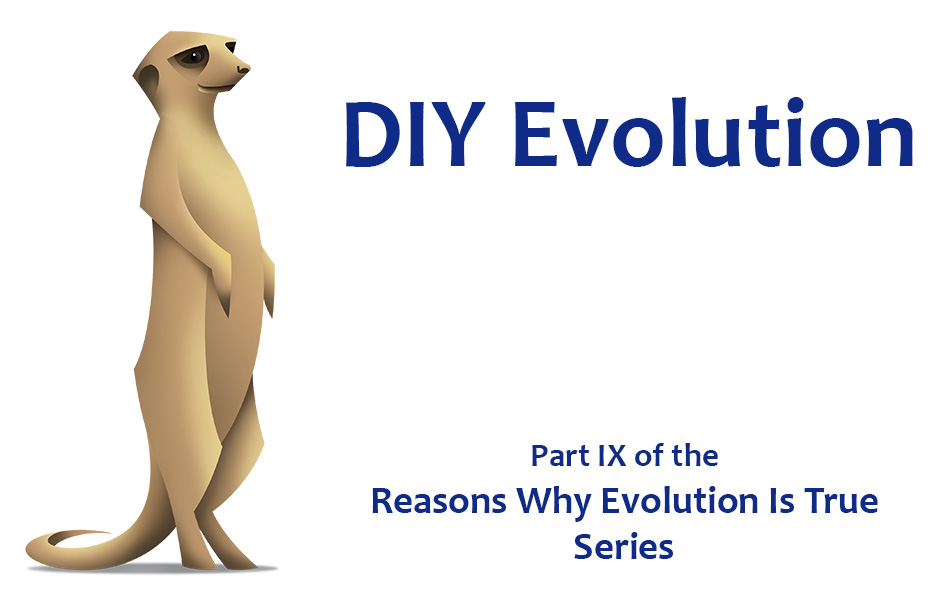Start learning Comments (0) Question 1a Textbook Question Natural selection changes allele frequencies because some _________ survive and reproduce better than others. a. alleles b. loci c. species d. individuals 697 Question 1b Textbook Question The largest unit within which gene flow can readily occur is a a. population.
A resourceful genome: updating the functional repertoire and evolutionary role of animal mitochondrial DNAs: Trends in Genetics
Why isn’t inbreeding considered an evolutionary process? a. It does not change genotype frequencies. b. It does not change allele frequencies. c. It does not occur often enough to be important in evolution. d. It does not violate the assumptions of the Hardy-Weinberg principle.

Source Image: ucl.ac.uk
Download Image
Charles Darwin and Natural Selection. In the mid-nineteenth century, two naturalists, Charles Darwin and Alfred Russel Wallace, independently conceived and described the actual mechanism for evolution. Importantly, each naturalist spent time exploring the natural world on expeditions to the tropics. From 1831 to 1836, Darwin traveled around the

Source Image: quantamagazine.org
Download Image
Artificial Selection – Why Evolution is True – Curious Meerkat Inbreeding is the process of mating genetically similar organisms. In humans, it’s associated with consanguinity and incest, in which close relatives have sexual relationships and children. Inbreeding violates modern social norms but is fairly common in animals and plants.

Source Image: quantamagazine.org
Download Image
Why Isn’T Inbreeding Considered An Evolutionary Process
Inbreeding is the process of mating genetically similar organisms. In humans, it’s associated with consanguinity and incest, in which close relatives have sexual relationships and children. Inbreeding violates modern social norms but is fairly common in animals and plants. Science Biology Biological Science (6th Edition) Why isn’t inbreeding considered an evolutionary process? a. It does not change genotype frequencies. b. It does not change allele frequencies. c. It does not occur often enough to be important in evolution. d. It does not violate the assumptions of the Hardy-Weinberg principle.
How Supergenes Fuel Evolution Despite Harmful Mutations | Quanta Magazine
a. It does not change genotype frequencies. b. It does not change allele frequencies. c. It does not occur often enough to be important in evolution. d. It does not violate the assumptions of the Hardy-Weinberg principle. Short Answer Expert verified A broad mutational target explains a fast rate of phenotypic evolution | eLife

Source Image: elifesciences.org
Download Image
A taste for the familiar: explaining the inbreeding paradox: Trends in Ecology & Evolution a. It does not change genotype frequencies. b. It does not change allele frequencies. c. It does not occur often enough to be important in evolution. d. It does not violate the assumptions of the Hardy-Weinberg principle. Short Answer Expert verified

Source Image: cell.com
Download Image
A resourceful genome: updating the functional repertoire and evolutionary role of animal mitochondrial DNAs: Trends in Genetics Start learning Comments (0) Question 1a Textbook Question Natural selection changes allele frequencies because some _________ survive and reproduce better than others. a. alleles b. loci c. species d. individuals 697 Question 1b Textbook Question The largest unit within which gene flow can readily occur is a a. population.

Source Image: cell.com
Download Image
Artificial Selection – Why Evolution is True – Curious Meerkat Charles Darwin and Natural Selection. In the mid-nineteenth century, two naturalists, Charles Darwin and Alfred Russel Wallace, independently conceived and described the actual mechanism for evolution. Importantly, each naturalist spent time exploring the natural world on expeditions to the tropics. From 1831 to 1836, Darwin traveled around the

Source Image: curiousmeerkat.co.uk
Download Image
A Genetic Paradox: Inbreeding Can Be Beneficial in the Long Run Inbreeding also increases selection by exposing deleterious recessive mutations, a process called purging that can deplete genetic variation. For all these reasons, inbreeding is a central concept in evolutionary biology. … The current availability of DNA sequence and expression data is now allowing more detailed analyses of the causes and

Source Image: scitechdaily.com
Download Image
Evolution of Inbreeding Avoidance and Inbreeding Preference through Mate Choice among Interacting Relatives | The American Naturalist: Vol 188, No 6 Inbreeding is the process of mating genetically similar organisms. In humans, it’s associated with consanguinity and incest, in which close relatives have sexual relationships and children. Inbreeding violates modern social norms but is fairly common in animals and plants.

Source Image: journals.uchicago.edu
Download Image
Intra-species differences in population size shape life history and genome evolution | eLife Science Biology Biological Science (6th Edition) Why isn’t inbreeding considered an evolutionary process? a. It does not change genotype frequencies. b. It does not change allele frequencies. c. It does not occur often enough to be important in evolution. d. It does not violate the assumptions of the Hardy-Weinberg principle.

Source Image: elifesciences.org
Download Image
A taste for the familiar: explaining the inbreeding paradox: Trends in Ecology & Evolution
Intra-species differences in population size shape life history and genome evolution | eLife Why isn’t inbreeding considered an evolutionary process? a. It does not change genotype frequencies. b. It does not change allele frequencies. c. It does not occur often enough to be important in evolution. d. It does not violate the assumptions of the Hardy-Weinberg principle.
Artificial Selection – Why Evolution is True – Curious Meerkat Evolution of Inbreeding Avoidance and Inbreeding Preference through Mate Choice among Interacting Relatives | The American Naturalist: Vol 188, No 6 Inbreeding also increases selection by exposing deleterious recessive mutations, a process called purging that can deplete genetic variation. For all these reasons, inbreeding is a central concept in evolutionary biology. … The current availability of DNA sequence and expression data is now allowing more detailed analyses of the causes and